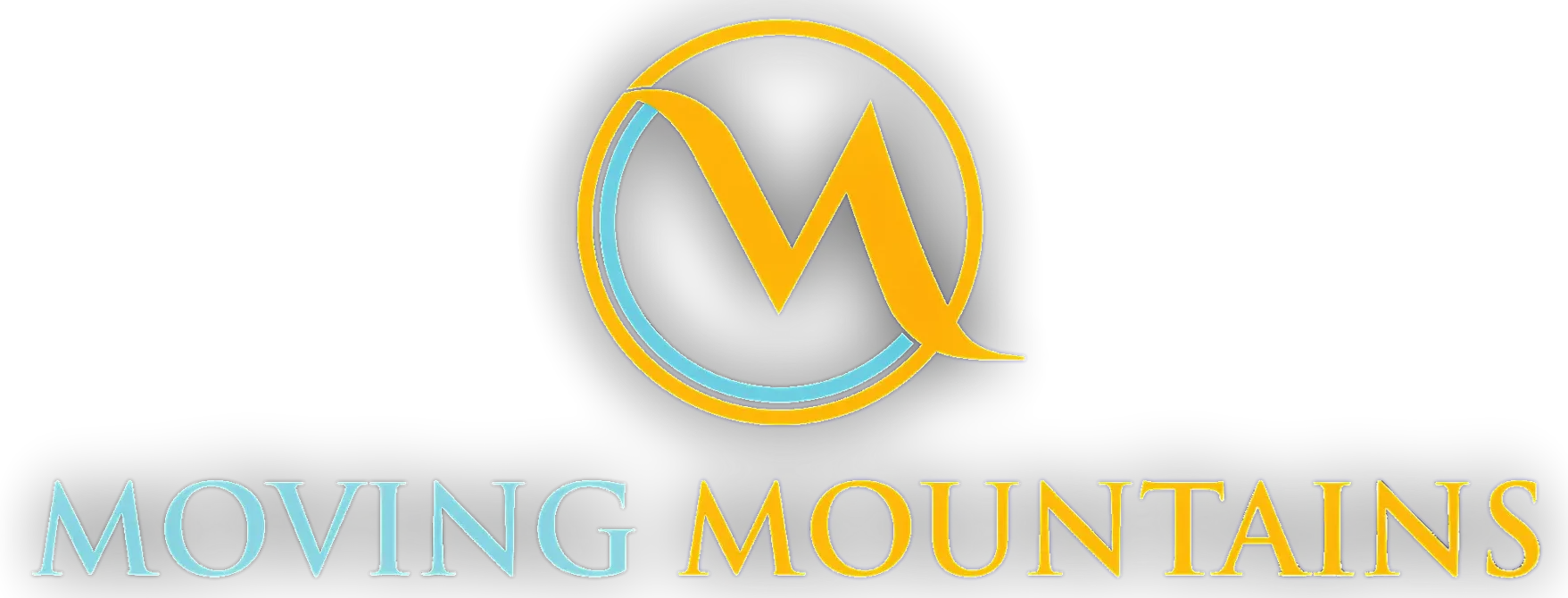Empowering Individuals with Disabilities in the Workforce: Employment Resources and Support

Employment is an essential aspect of independence for individuals with disabilities, and finding the right job can provide both financial stability and personal fulfillment. However, individuals with disabilities often face challenges in the workforce, including discrimination, inaccessible job environments, and a lack of necessary accommodations. Despite these barriers, there are numerous employment resources and support systems designed to help individuals with disabilities succeed in the job market. This post will explore employment resources for people with disabilities, strategies for job seekers, and tips for fostering inclusive workplaces.
Section 1: Employment Programs and Resources for People with Disabilities
There are various programs and services designed to assist people with disabilities in securing and maintaining employment. These resources can be invaluable in providing job training, career counseling, and job placement assistance.
1. Vocational Rehabilitation (VR) Services
Vocational rehabilitation programs, which are often funded by government agencies, are a crucial resource for people with disabilities seeking employment. VR services provide a range of services, including job counseling, resume assistance, interview preparation, and skills training. In some cases, VR programs may also provide financial assistance for adaptive technology and workplace accommodations.
2. The Ticket to Work Program
The Ticket to Work program, offered by the Social Security Administration (SSA), helps individuals with disabilities transition from reliance on Social Security benefits to financial independence through employment. This program provides free vocational rehabilitation services, job placement assistance, and training to eligible individuals. It is designed to encourage individuals with disabilities to explore employment opportunities without fear of losing benefits.
3. Disability-Specific Job Placement Services
Several nonprofit organizations specialize in job placement for individuals with disabilities. These services work with both job seekers and employers to match individuals with disabilities to suitable employment opportunities. Organizations like Goodwill Industries and AbilityJobs are excellent resources for individuals with disabilities looking for job opportunities in various industries.
Section 2: Creating an Inclusive Workforce
For individuals with disabilities to succeed in the workforce, it is essential for employers to foster an inclusive and accessible workplace. This can involve providing reasonable accommodations, creating inclusive policies, and promoting disability awareness among employees.
1. Workplace Accommodations
Under the Americans with Disabilities Act (ADA), employers are required to provide reasonable accommodations to employees with disabilities. These accommodations can vary depending on the individual’s needs but may include:
- Assistive Technology: Tools such as screen readers, voice recognition software, and adaptive keyboards help employees with disabilities perform their job functions.
- Flexible Work Hours: Employees with disabilities may need flexible work hours to manage medical appointments or health-related issues.
- Physical Modifications: Employers may need to modify the physical workplace to accommodate employees with mobility challenges, such as installing ramps, adjusting desk heights, or providing accessible restrooms.
2. Disability Awareness and Training
Promoting disability awareness and providing training to all employees can foster an inclusive workplace culture. Training programs can help reduce stigma, address misconceptions about disabilities, and encourage a more supportive environment. Employees can learn how to communicate effectively with colleagues with disabilities and understand the importance of making reasonable accommodations.
Section 3: Job Search Tips for People with Disabilities
Job seekers with disabilities may face unique challenges in their job search. However, with the right strategies, individuals with disabilities can successfully navigate the job market and find meaningful employment.
1. Leverage Disability-Specific Job Boards
There are several online job boards that cater specifically to individuals with disabilities. These job boards list job openings from employers committed to hiring individuals with disabilities and offer resources such as resume-building tips and job search tools. Examples of these job boards include:
- Disability Job Exchange
- AbilityJobs
- GettingHired
2. Focus on Strengths and Skills
When applying for jobs, individuals with disabilities should focus on their strengths, skills, and experience. Employers are often more interested in an applicant’s qualifications than their disability status. Highlighting relevant work experience, education, and accomplishments can demonstrate an individual’s qualifications for the job.
Conclusion
Employment is a crucial component of independence for individuals with disabilities. There are numerous resources available to help individuals with disabilities secure employment and succeed in the workforce. From vocational rehabilitation services to workplace accommodations and inclusive policies, individuals with disabilities can access the support they need to thrive in their careers. By leveraging these resources, job seekers with disabilities can find meaningful employment and achieve personal and financial independence.







